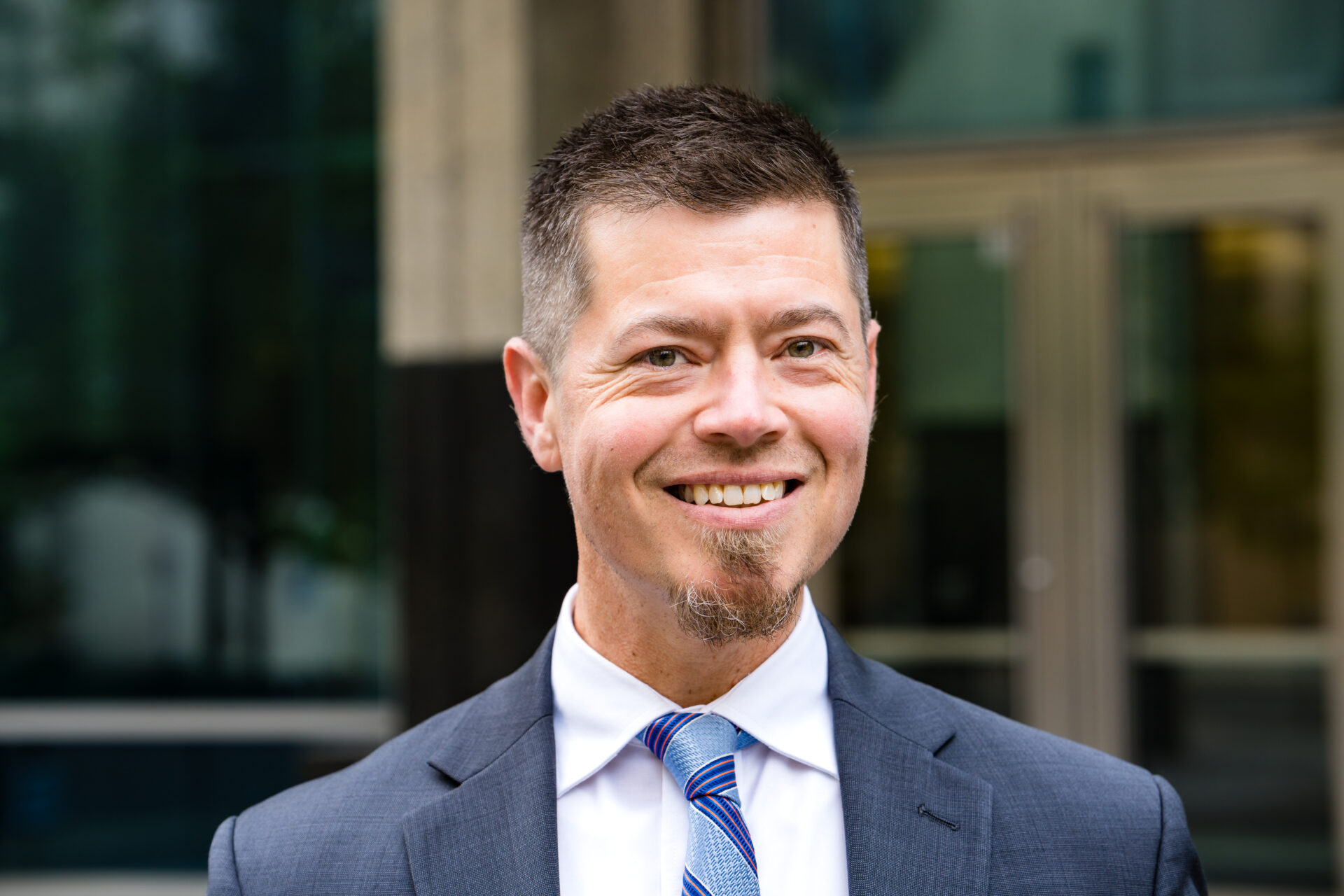For the English-speaking public, North Carolina state law requires that law enforcement officers read certain rights to DWI suspects orally, and provide those same rights in writing, before the individual is required to decide whether to blow into a breathalyzer (Intox EC/IR II in Wake County) or submit to a blood draw.
North Carolina General Statute § 20-16.2 is explicit on this point:
Before any type of chemical analysis is administered the person charged shall be taken before a chemical analyst authorized to administer a test of a person’s breath or a law enforcement officer who is authorized to administer chemical analysis of the breath, who shall inform the person orally and also give the person a notice in writing that:
(1) You have been charged with an implied-consent offense. Under the implied-consent law, you can refuse any test, but your drivers license will be revoked for one year and could be revoked for a longer period of time under certain circumstances, and an officer can compel you to be tested under other laws.
(2) Repealed by Session Laws 2006-253, s. 15, effective December 1, 2006, and applicable to offenses committed on or after that date.
(3) The test results, or the fact of your refusal, will be admissible in evidence at trial.
(4) Your driving privilege will be revoked immediately for at least 30 days if you refuse any test or the test result is 0.08 or more, 0.04 or more if you were driving a commercial vehicle, or 0.01 or more if you are under the age of 21.
(5) After you are released, you may seek your own test in addition to this test.
(6) You may call an attorney for advice and select a witness to view the testing procedures remaining after the witness arrives, but the testing may not be delayed for these purposes longer than 30 minutes from the time you are notified of these rights. You must take the test at the end of 30 minutes even if you have not contacted an attorney or your witness has not arrived.
According to the NC Court of Appeals in State v. Martinez (2016) (PDF), however, if a defendant does not speak English, the oral advisement requirement is now considered to be met by the chemical analyst by providing notice in English, even in cases where it is uncontested that the defendant speaks no English. That holding calls into question the meaning of the word “inform,” which by any common sense interpretation requires the actual communication of information in a manner that causes it to be received — or at minimum causes a reasonable expectation that it has been received — by the listener.
In Martinez, it is important to note that the defendant was provided written notice of his implied consent rights in Spanish, which distinguishes that ruling from cases in which an individual speaks only a language other than English and is not advised either orally or in writing of those rights. Nonetheless, the ruling by the Court of Appeals appears to violate the clear language of the law with respect to the oral advisement requirement, which requires that any defendant charged with an impaired driving offense be informed of those rights. Would the Court of Appeals apply the same logic to a deaf defendant, who hears none of the words?
Also important in assessing the impact of Martinez on the legal landscape is the Court’s reliance on the statutory provision that unconscious individuals may be tested under the implied consent law without any advisement of those rights. While that provision had always been questionable from a Fourth Amendment perspective, it was the law of North Carolina until April of 2016. Following the Court of Appeals’ ruling in State v. Romano (2016) (PDF), however, that provision has now been struck down. That decision now potentially undermines the rationale of the Court of Appeals in Martinez, which is ripe for litigation in our courts.
★★★
Raleigh DWI lawyer Ben Hiltzheimer is a criminal defense attorney with offices in Raleigh and Durham, North Carolina, who represents individuals charged with DWIs and the full spectrum of misdemeanors and felonies. Contact us for a free, confidential consultation and case evaluation at (919) 899-9404.







